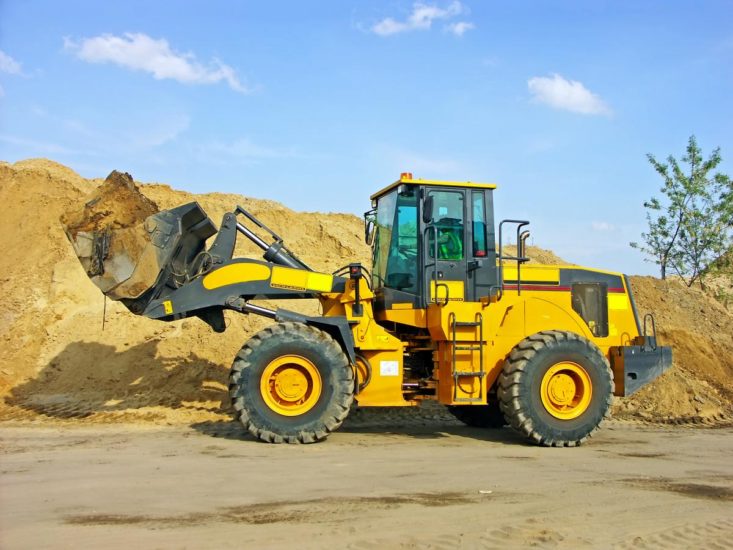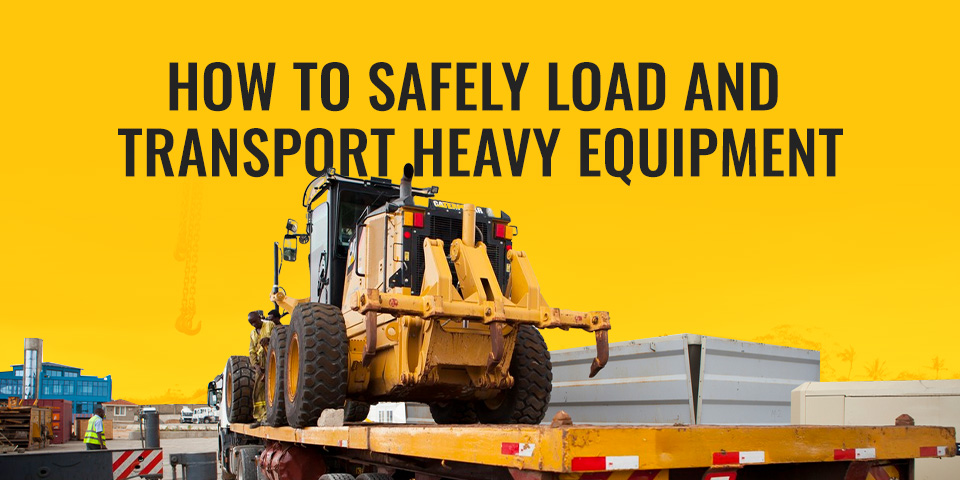Scissor Lift Rental: Safe and Effective Solutions
Wiki Article
Renting Out Vs. Acquiring Building Tools: Making the Right Option for Your Task
When starting a building and construction task, among the critical decisions that predict supervisors and stakeholders encounter is whether to rent or acquire building tools. Both choices have their benefits and downsides, making the choice a critical one in the task preparation process. The choice rests on numerous aspects such as price considerations, task period, equipment maintenance, scalability, threat, and adaptability management. Each component plays a crucial role in establishing one of the most suitable path for the job's equipment requirements. equipment rental company. Allow's explore these variables better to comprehend exactly how they impact the decision-making process and eventually the success of the task.Price Considerations
Leasing devices commonly calls for lower preliminary payments contrasted to acquiring, making it an eye-catching alternative for temporary tasks or specialists with budget restrictions. In the lengthy run, continually renting out tools can accumulate higher costs than acquiring, especially for prolonged jobs.On the various other hand, buying building and construction equipment includes greater ahead of time costs however can lead to long-lasting financial savings, particularly for long-term tasks or regular customers. Having tools supplies flexibility, convenience, and the possibility for resale worth once the task is finished. Additionally, possessing tools allows for customization and experience with certain equipment, possibly boosting efficiency and productivity on-site. Ultimately, the choice in between renting out and purchasing building and construction equipment rests on the job's duration, frequency of usage, budget factors to consider, and lasting financial objectives.
Task Period

On the other hand, for long-term jobs or continuous building work, acquiring equipment could be the extra affordable option. Acquiring tools can cause set you back savings in the lengthy run, especially if the tools will be regularly utilized. Furthermore, having devices offers a sense of control over its schedule and permits customization to fit specific task demands.

Devices Upkeep
Offered the critical duty job period plays in identifying the most affordable approach between purchasing and renting out building and construction tools, the focus now moves in the direction of checking out the essential element of devices upkeep. On the various other hand, owning equipment requires a proactive technique to upkeep to stop break downs, ensure security, and extend the tools's life-span. Inevitably, a well-kept building and construction equipment fleet, whether leased or possessed, is necessary for the effective and effective completion of building tasks.Versatility and Scalability
In the realm of building and construction devices management, the facet of versatility and scalability holds significant relevance for task efficiency and source utilization. Opting to rent building tools gives a high degree of versatility as it enables for the fast modification of equipment website here kinds and quantities based upon the progressing needs of a task. Renting out enables service providers to access a large range of specific tools that might be required for particular jobs without the lasting commitment of possession. This adaptability is specifically beneficial for tasks with differing needs or unclear durations (equipment rental company).Moreover, scalability, one more crucial variable, is naturally linked to versatility. Leasing building and construction devices uses the benefit of conveniently scaling procedures up or down as task demands change. Specialists can promptly exchange or include equipment to match the job's transforming requirements without the restrictions of owning possessions that might come to be underutilized or out-of-date. This capacity to scale resources successfully can lead to price financial savings and enhanced project timelines, making leasing a beneficial alternative for tasks requiring adaptability and receptive resource appropriation.
Danger Management
Effective danger monitoring in construction devices operations is vital to making certain task success and mitigating potential monetary losses. Building jobs inherently involve numerous dangers, such as equipment breakdowns, crashes, and task hold-ups, which can dramatically affect the job timeline and budget plan. By very carefully thinking about the dangers linked with owning or renting building tools, job managers can make educated decisions to decrease these potential hazards.Renting construction tools can supply a level of danger reduction by moving the duty of repair and maintenance to the rental company. This can lower the financial concern on the project proprietor in instance of unanticipated tools failings (scissor lift rental). Furthermore, renting supplies the flexibility to gain access to customized devices for specific project phases, lowering the threat of owning underutilized machinery
On the other hand, possessing building tools gives a feeling of control over its use and Find Out More upkeep. Nonetheless, this additionally indicates bearing the full duty for repair services, upkeep prices, and depreciation, enhancing the economic threats related to tools possession. Careful threat analysis and factor to consider of aspects such as job period, equipment application, and maintenance demands are crucial in figuring out the most appropriate alternative for reliable risk management in construction jobs.
Verdict
To conclude, when making a decision in between buying and leasing building and construction equipment, it try this out is necessary to think about price, job period, equipment upkeep, threat, versatility, and scalability management. Each factor plays an essential function in identifying the most ideal option for the project at hand. By thoroughly assessing these facets, task supervisors can make an enlightened choice that aligns with their spending plan, timeline, and general job goals.
Report this wiki page